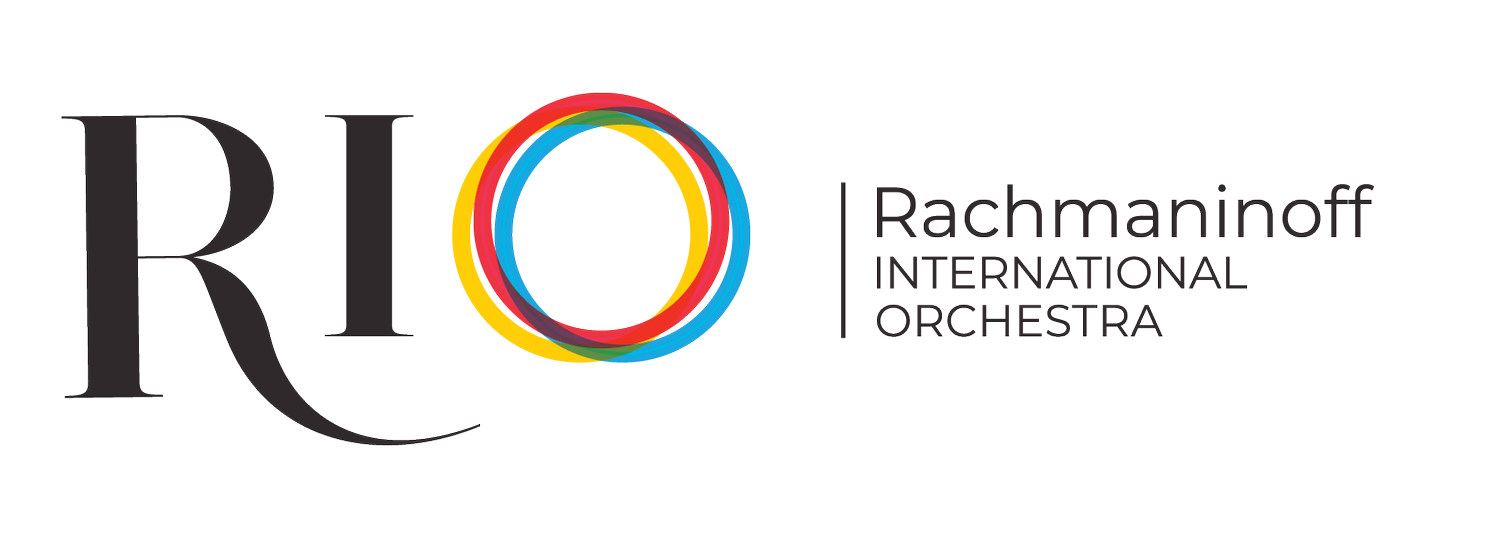“Who starts wars? Imbecile politicians. No normal person likes war.”
The following is excerpted from Branimir Pofuk’s interview with Mikhail Pletnev for the Croatian publication Vecernji List (Evening Paper).
The legendary pianist, conductor and composer gives interviews so rarely it is no exaggeration to call this a worldwide exclusive. The maestro speaks slowly, choosing his words carefully, especially when speaking in Croatian, one of ten languages he has mastered.
The number of piano geniuses in the world today can be counted with the fingers of one hand. One of them without doubt is Mikhail Pletnev, who opened the Piano Loop Festival in Split with a recital on August 16th. The description in the Festival booklet of a pianist who captures eternity with his fingers was an accurate prediction of what the audience experienced on August 16th.
In the half-dark, Pletnev gently caressed and exhilarated us in all registers, with the incredibly warm and velvety but no less expressive sound of the Shigeru Kawai piano that the Japanese company transports wherever he plays. With virtuosity that eludes all except those three or four other great living masters, Pletnev performed with an ascetic in the service of the music itself.
Mikhail Pletnev, whom Starčević describes as "a wise hermit full of life," gives interviews so rarely that it is not an exaggeration to say this is a worldwide exclusive.
I discovered the secret of the maestro's good mood and affability in Split. He was accompanied by Mrs. Adrijana Blacko, a native of Karlovac, along with her son Kenny, a sympathetic teenager. The three of them, it's obvious, have been family for some time. When I asked Mrs. Adriana Blacko how to describe their relationship, Maestro Pletnev himself replied: “she is my muse”. And in his muse's homeland, he refuses nothing to anyone. And so, in addition to the magical performance, the legendary pianist, genius conductor and composer treated us to this conversation.
They say you speak ten languages, among them Croatian. When did you learn it?
I spent a month in Yugoslavia with my professor Timakin when I was fifteen years old. That's when I learned your language a little.
What's going on with your orchestra in Moscow now?
It's a sad situation. I can't go to Moscow, and the orchestra can't come to me.
Are you in touch with your orchestra's musicians?
I am. But what can they do now in Russia? Nothing. It's a bad time.
How do you feel as a conductor when you conduct another pianist in a work you normally play yourself? Do you give him full freedom?
I do. A soloist is a god. He has worked on this music for a year or two, he has prepared his own interpretation. I can help him to understand what he wants to say, what his view is. If I don't like his interpretation, I won't call him again. But while we're on stage together, I will be a part of his world.
In recent months has anyone cancelled your concert because you're Russian?
Once. A performance in Malta was cancelled. Their conductor also told me they were asked to change the program on a Europe tour, to remove Borodin. What can we do, there are idiots everywhere.
Can you even plan your next projects with your orchestra?
With the orchestra in Moscow, I can no longer work. That's why we formed a new orchestra. My orchestra in Moscow was called the RNO (Russian National Orchestra), and now we have assembled the RIO (Rachmaninoff International Orchestra). We recently gathered in Bratislava where 18 musicians from Russia came. Some came from Ukraine, Bratislava, Vienna.
What were you playing?
Swan Lake by Pytor Tchaikovsky and Carmen Suite by Rodion Shchedrin, who will celebrate his 90th birthday this year.
So you've created a project where music continues to connect people. Do you want to show that culture and art do not belong to states and politics?
You can never beat a crime with another crime. War is a crime regardless of who started it, who is right and who is wrong. Wars are driven by the desire for revenge, and that does no one any good. If you want to break that cycle, you have to do something good. The good I can do is my music. Who starts wars? Imbecile politicians. No normal human being likes war. But politicians have propaganda and manipulation in their hands, and they use it only for their own benefit, not for us.
When will your new orchestra reunite?
I am making many plans with the RIO. I want to play all of the Rachmaninoff piano concertos next year, when we will celebrate the 150th anniversary of the birth of Sergei Rachmaninoff.
The Russian National Orchestra has always sought to be independent of politics. How hard was it to preserve your independence?
Very difficult. Putin's government wants to have everything under its control. That's why they wanted the RNO to become a state orchestra, too. But Putin is not the cause of the problem, he is only a consequence. The problem is, Russia has not yet made its way to democracy.

